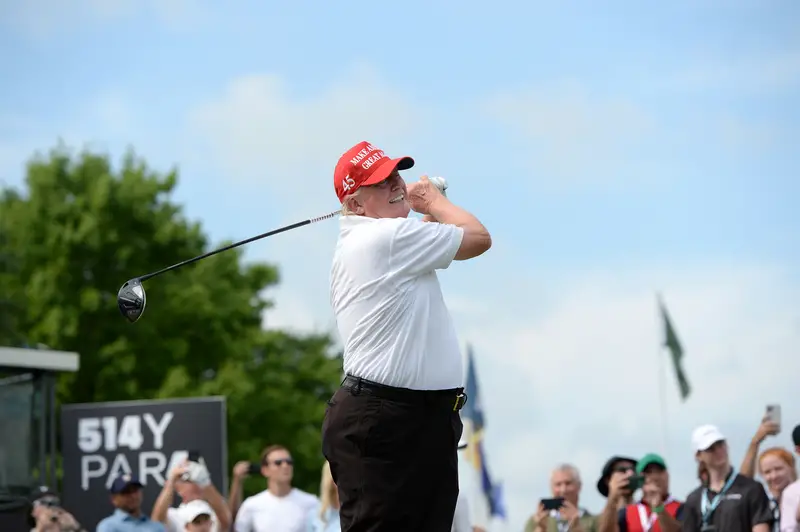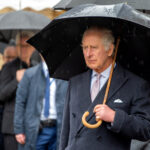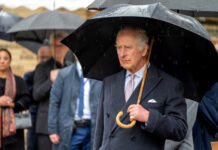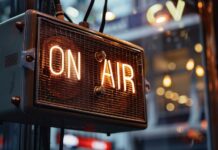President Donald Trump did not attend a prayer vigil for slain conservative activist Charlie Kirk at the Kennedy Center on September 14, 2025, after spending the weekend at his golf club in Bedminster, New Jersey. The vigil began at 6:00 p.m., and Trump returned to the White House after 8:00 p.m. as large crowds had already formed outside the Kennedy Center in Washington, D.C.
The president’s absence from the memorial service was notable given that 85 members of Congress attended, along with key administration figures including House Speaker Mike Johnson, Health Secretary Robert F. Kennedy Jr., and White House Press Secretary Karoline Leavitt. Trump’s schedule for September 14 included no public events, according to his White House press schedule.
During the vigil, Leavitt covered for the president’s absence with an impassioned speech. She indicated that she spoke on behalf of the president when saying, “President Trump loved you, Charlie, so much.” Arizona Senator Jake Hoffman, who described himself as a friend of Kirk, told attendees that both Trump and Vice President JD Vance loved Kirk just as the audience did.
On September 13, Trump addressed Kirk’s death during a “Hope Through Education” gala at his Bedminster residence, where he discussed the suspect in Kirk’s murder, Tyler Robinson, becoming radicalized. The president reiterated on September 14 that he would attend Kirk’s funeral the following weekend in Arizona, following his planned state visit to the United Kingdom.
The 22-year-old suspect, Tyler Robinson, was identified by the FBI on September 12 after he turned himself in. Robinson was charged with aggravated murder on September 16 in connection with Kirk’s murder, which occurred on September 10 at Utah Valley University.
During his remarks on September 14, Trump lashed out at what he termed the “radical left” and confirmed his administration was investigating foreigners living in America who had celebrated Kirk’s death online. He stated that the problem was with the left, referencing agitators and flag burnings. The president emphasized that conservatives would not celebrate if something happened to their political opponents.
Speaker Johnson addressed the vigil attendees about experiencing a mixture of sadness, grief, anger, and fear following Kirk’s assassination. He described how a dark shadow had been cast over the country and Capitol Hill, with leaders and young people across the nation being shaken by the incident. Johnson characterized Kirk as someone who recruited, trained, and educated a generation of what he called “happy warriors.”
Leavitt told the gathered crowd that she owed her job to Kirk’s work in changing the political tide among American youth to vote for Trump. She revealed that Kirk was the first person to call and congratulate her when she landed the press secretary position. The audience welcomed RFK, Jr. with chants of “USA! USA!” as he took the stage.
Kennedy, 71, described Kirk as a soulmate and spiritual brother, crediting him as the primary architect of his unification with Trump. In an emotional speech, Kennedy revealed that he and Kirk had discussed the dangers they both faced from challenging entrenched interests. He recounted that Kirk had asked him if he was scared to die, and Kennedy had responded that there were worse things than dying, including losing constitutional rights and having children raised in slavery.
The White House did not immediately respond to requests for comment regarding Trump’s absence from the Kirk vigil. The memorial service proceeded with speeches from various political figures and supporters, celebrating Kirk’s influence on conservative youth activism and his role in mobilizing young voters for Trump’s campaigns.











